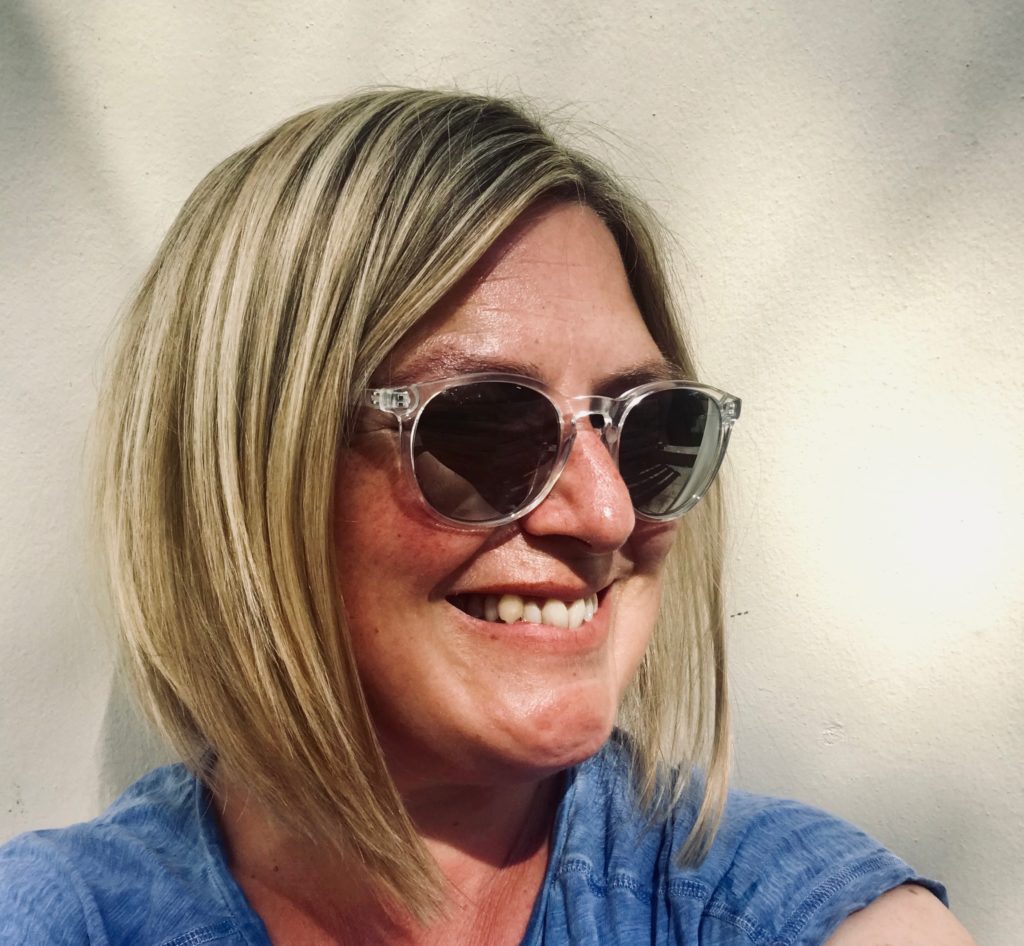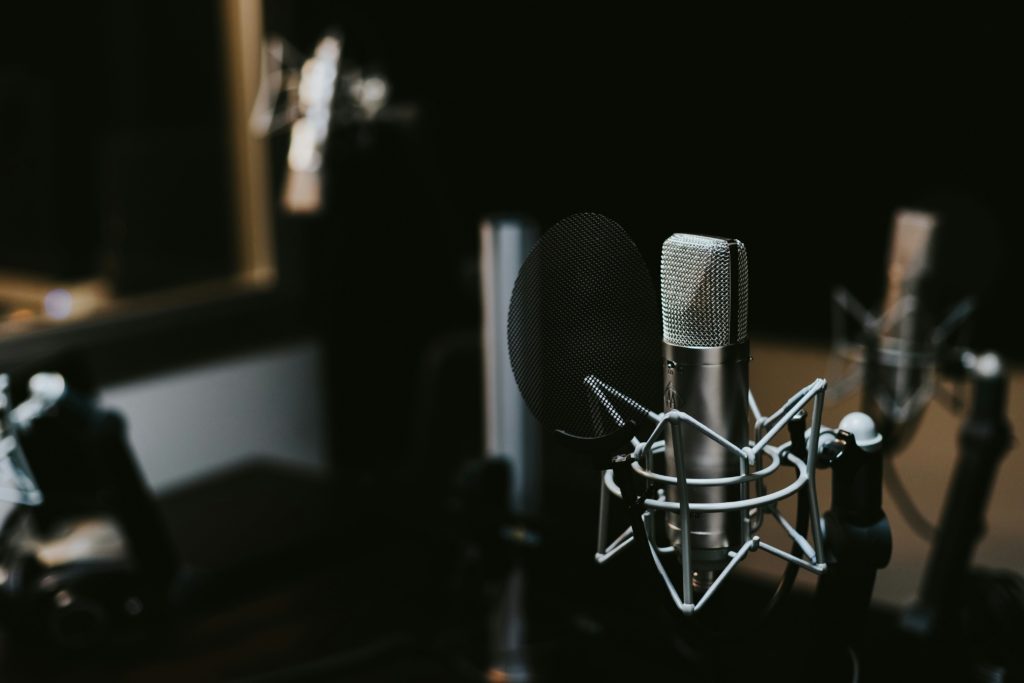It must be my face – will backdoor apps make us love facial recognition tech?
Written by Eleanor WillockFacial recognition tech is trending on Twitter this morning, as #FaceApp makes another viral sweep of the world. You can download it for free from the App Store if you want, and it’ll show you what you’ll look like when you are old, or in glasses, or as a redhead, pretty much anything. What fun (although I highly recommend the innovative analogue tool of looking at your actual parents if you want to see what old looks like on your face).
The warnings should be flashing for any of you who get data privacy. Like a lot of commentators, behind the OMFG look at the state of me excitement, there’s a gateway consciousness and acceptance here – this is proto-facial recognition at its most murky. FaceApp accesses your photos and that access remains. I also personally think it may have been one of the reasons behind the recent ’10 year challenge’ on IG and FB, I mean, what better way to get people to volunteer their own ageing process and be lured back onto social to do it?. So, who’s looking at your face now, then, and how?
But, why do we fear facial recognition? Shouldn’t it be a positive? At a previous agency, our faces were photographed on our business cards. There’s a whole generation of Noughties tech journalists that probably still think I look like a smug Sandy Toksvig. Facial recognition is a large reason why having two working eyes is a good thing. So, I’m thinking that it becomes a bad thing when the right to recognise our faces becomes a saleable commodity.
The last group of people who should be buying our faces is our Government, because that’s morally unacceptable, isn’t it? Therefore, should they be leading the charge to make facial recognition in civil life safe and acceptable? People trafficking, benefit fraud, county lines exploitation, blue light first response – all could be combatted better if we knew who we were dealing with using undeniable fact – the face that fits.
But is our face, that thing we all wear, something that should be anonymous, and entitled to privacy? Are you a citizen of a country if nobody knows your face or holds record of your identification? This immediately makes me think of the people desperate to cross borders to safety and security, escaping violence and pain. All those ‘faceless’ victims. If we know your face, can we tell your story better, or does your story belong to somebody else?
I have no answers, just questions, other than on one thing. I’m not downloading #FaceApp, but I am gladly swiping my passport at the airport on Monday and going on holiday with the three other facially identified Willocks. So, what’s the difference?



